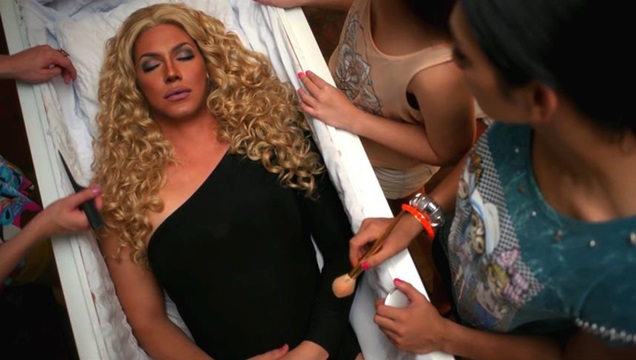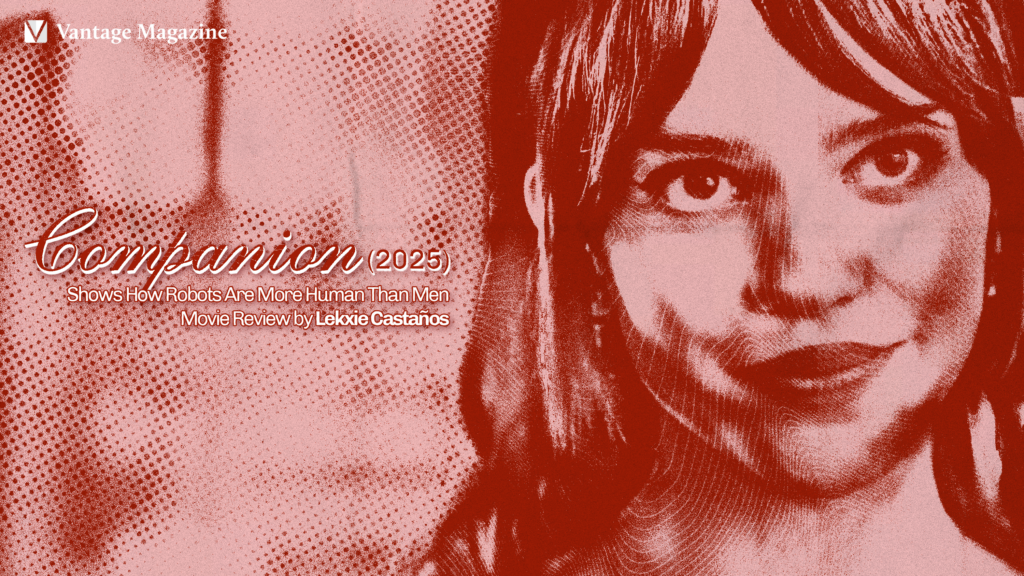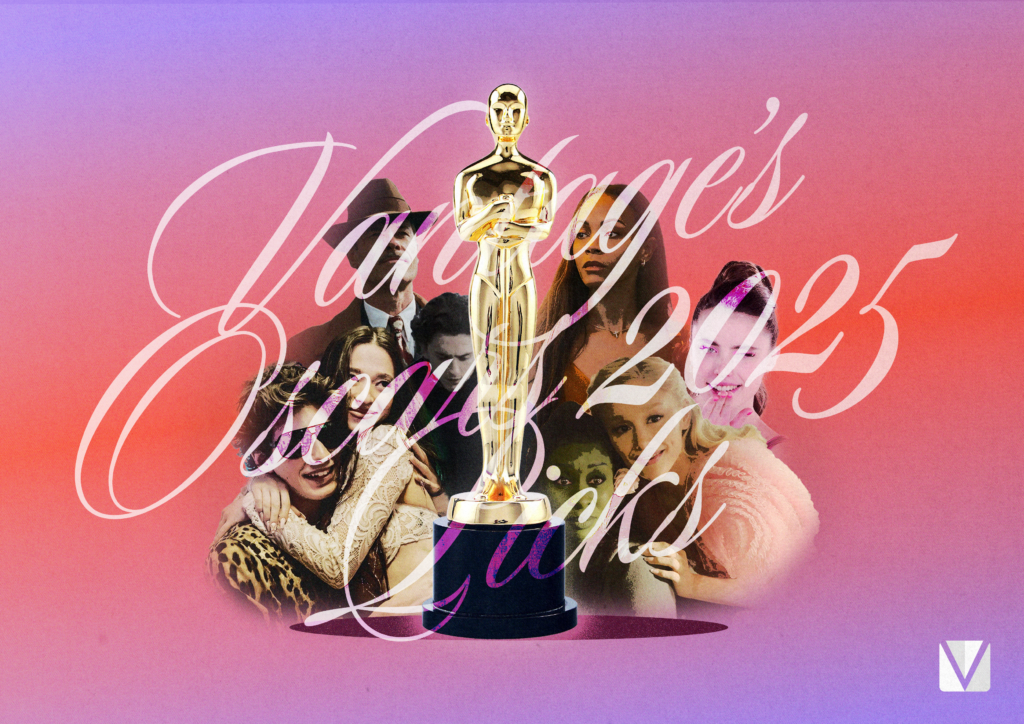It remains relatively uncommon for LGBT characters to be depicted with much depth in the Philippines; the all-too-common cliché of the flamboyantly gay comic relief character, without much other characterization, remains a popular trope in mainstream film and television today. However, Die Beautiful is one of the few films that really take an in-depth look into the everyday experiences, joys, and struggles of being transgender in the Philippines. Trisha Echevarria, a beauty queen formerly named Patrick, is at the center of this tale, brought to life by the excellent performance of Paolo Ballesteros.
Having been gay from childhood, we follow her story – from her dreams of becoming a beauty queen and the struggles she faced with her family, to her lifelong companionship with her best friend Barbs, raising an adopted girl named Shirley Mae, and her joys and heartbreaks with past lovers. All of this is explored in a series of flashbacks juxtaposed by the wake of her death, where Barbs fulfills her last wish: which is to be given makeovers as various celebrities for every day of her wake. In this way, Trisha hopes she gets to die the way she lived – she gets to die beautiful.
It is a lively medley of comedy and drama, portraying Trisha as a very human person in the face of her happiness and her struggles. Throughout the story is both an optimistic and a bittersweet atmosphere in Trisha’s life. There is an excellent balance between the light-heartened shenanigans between her and Barbs over beauty pageants and odd romances, as well as the drama and pain of Trisha’s relationship with both her conservative father and the trauma from the assault of a certain schoolmate. It is through all these experiences in her life that her beauty – both inside and outside – is shown.
There is no doubt that the complex and genuine emotions behind the story shine through the magnificent performances of Paolo Ballesteros as Trisha and Christian Bables as Barbs, who have respectively won Best Actor and Best Supporting Actor for the 2016 Metro Manila Film Festival. The unbreakable relationship of their characters is well acted through the genuine affection they show for each other and through their mutual comedic timing.
The overall production of the movie is thoroughly well executed as well; Trisha’s everyday life is told in a nonlinear fashion–often linked together through matching music, imagery, and cuts which helps the audience follow the twists and turns of her story. The movie jumps back and forth between having lighthearted wit and comedy, sappy romance, and tragic sufferings, yet these transitions never feel sudden or abrupt – they in fact complement how human each and every character is in the movie. The direction and flow of the movie is ultimately steered by how the characters come to life and how they deal with all sorts of conflict—their emotions, as well as the bittersweet sentiment of the movie, are what drive the movie all throughout.
However, at times, the story still has a few arising flaws. The story occasionally abandons plotlines and gives some characters rather flat characterization. The subplots of Shirley Mae being bullied because of her parents, as well as her desire to stop doing pageants is abandoned, and towards the end she even stops being relevant to the progress of the plot. Trisha’s abusive father is given no further complexity beyond abhorring and abusing Trisha in his every appearance.
The story’s ending itself falls a bit flat in impact. After all that Trisha has gone through, after all the attention brought to her wake by her makeovers becoming viral over social media, and after all the efforts of her father to get him buried in male clothing, the story simply ends with a final speech from Barbs. The sentiments of everyone by the end is not truly explored, and in the end it feels like the buildup to the climax led to an ending that didn’t seem to be enough. But all in all, despite the few flaws, Die Beautiful tells a vivid story of how a transgender woman finds joy and fulfillment in the many things that come in her way in life, even in the face of abuse, despair, betrayal, and heartbreak. The opening and the final scene of the film–a young Trisha dressed in her most beautiful dresses–reflects on the very beauty that she has left in life: Being an ever-loyal friend, a caring parent, a truly free daughter, with the heart of a true queen.
Rating: 4/5
Andrew D. Cambri is a guest author from The GUIDON Features. Read more of his work from the November 2016 printed issue of The GUIDON or from the website.






